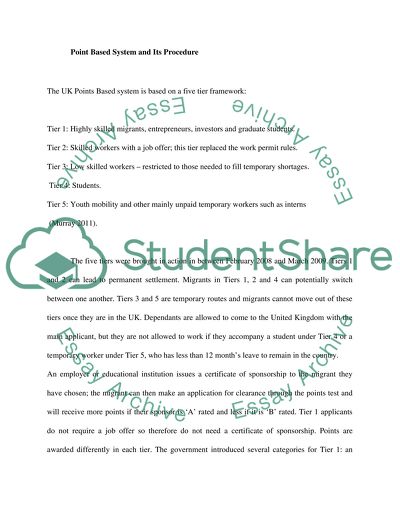Cite this document
(“Immigration Law Essay Example | Topics and Well Written Essays - 4000 words”, n.d.)
Retrieved from https://studentshare.org/environmental-studies/1418447-immigration-law
Retrieved from https://studentshare.org/environmental-studies/1418447-immigration-law
(Immigration Law Essay Example | Topics and Well Written Essays - 4000 Words)
https://studentshare.org/environmental-studies/1418447-immigration-law.
https://studentshare.org/environmental-studies/1418447-immigration-law.
“Immigration Law Essay Example | Topics and Well Written Essays - 4000 Words”, n.d. https://studentshare.org/environmental-studies/1418447-immigration-law.


